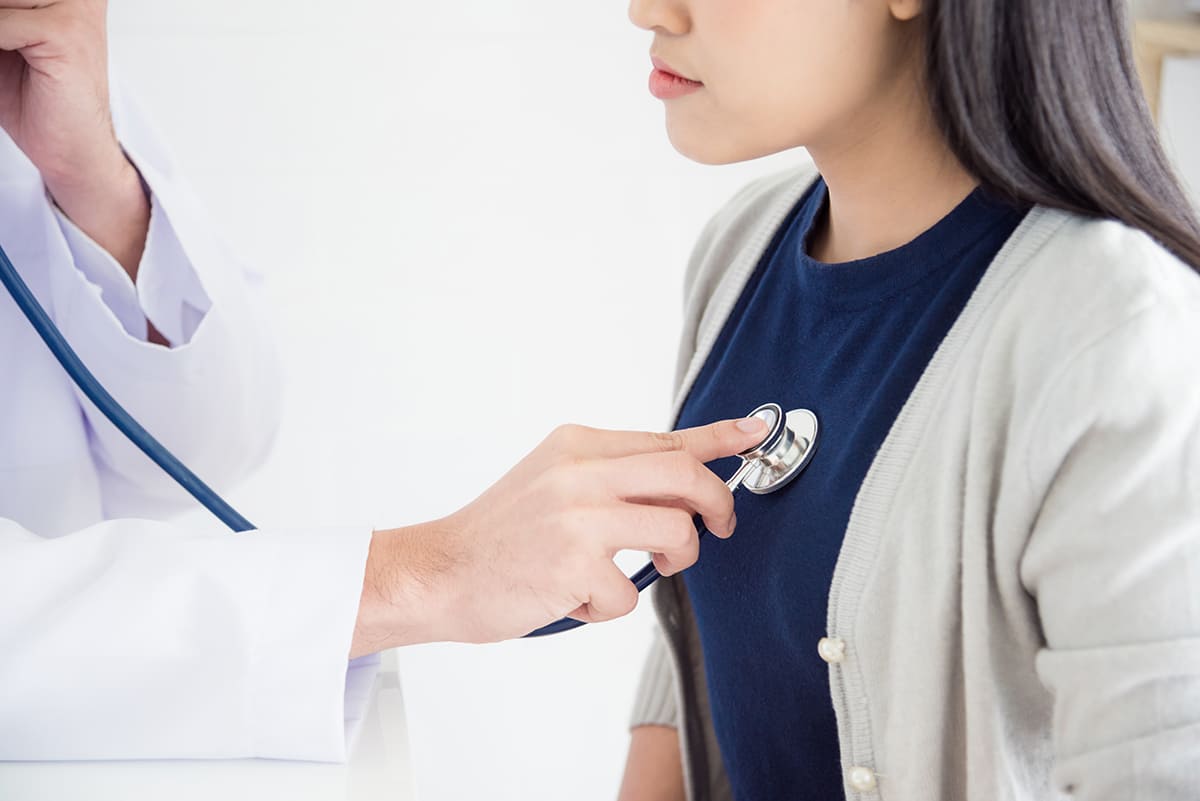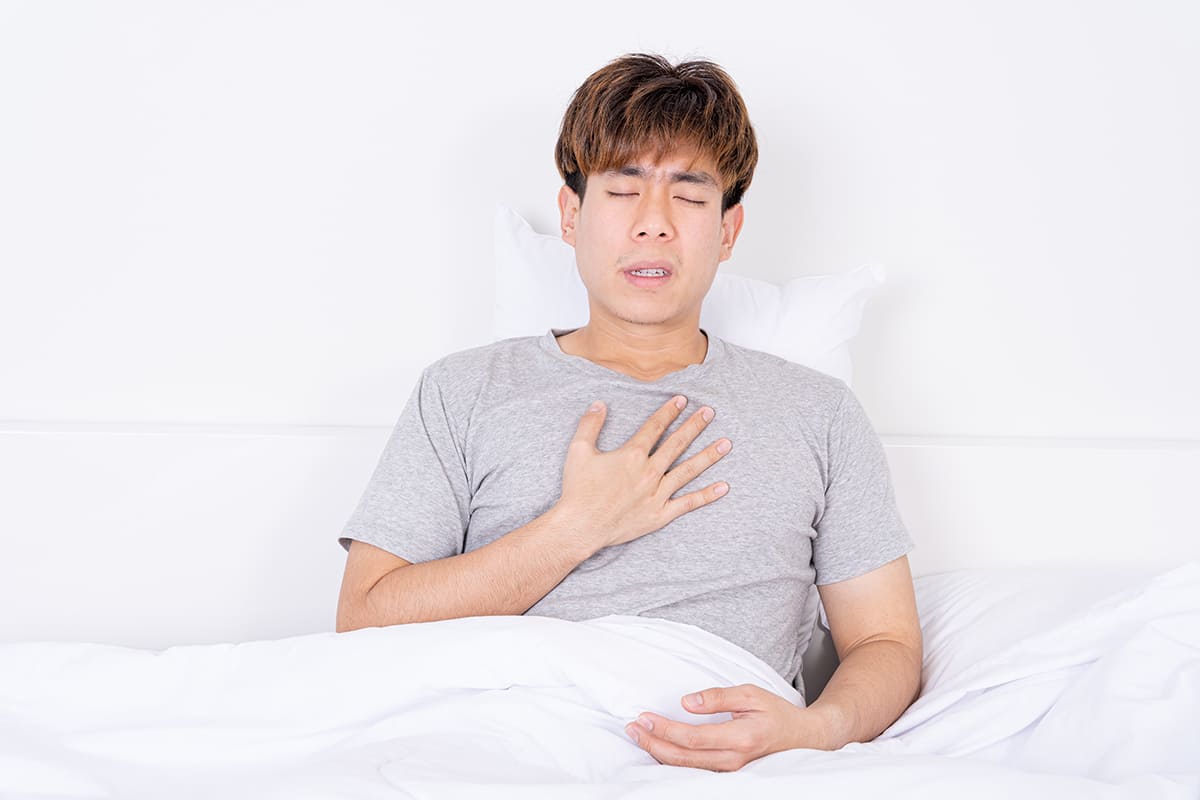Q&A – What You Want to Know When You Are Experiencing Elevated Heart Rate

When people are experiencing an elevated heart rate, they are usually worried whether or not they are suffering from a heart disease. As a result, they will think of so many different questions out of concern. So, a good understanding about the condition will not only lessen the trepidations, but help people to properly take care of their hearts’ health also.
Q: Why is my heart beating so rapidly?
A: Normally a human heart beats at around 60 – 100 beats per minute. If it exceeds 100 beats per minute, you will experience tiredness, shortness of breath, or difficulty breathing. This is because there is some interference to the signal that maintains the heart beats, preventing it from pumping blood properly.
Q: What causes elevated heart rate?
A: Elevated heart rate is caused by some interfering factors. These include external factors such as: exercise, high fever, excitement, shock, fright, dehydration, low blood sugar level, severe loss of blood, stress, anxiety, drinking beverage or taking medicine that quickens the heart beat, etc. And internal factors such as: acute myocardial ischemia, congenital heart defect, valvular heart disease, hypertension, anemia, etc.
Q: How can my heart beat so rapidly when I’m sitting still?
A: There are many reasons for this. For example, high fever, anemia, beverages with high alcoholic or caffeine contents, medication that elevate the heart rate, hypertension, thyrotoxicosis, a short circuit in the heart’s electrical signals, and so on.
Q: What causes elevated heart rate while lying down?
A: If you feel an elevated heart rate while lying down, this may be due to a problem with your heart. For example, heart arrythmia, coronary arteries blockage, myocardial infarction; including respiratory disorders such as asthma, emphysema, thyrotoxicosis, as well as stress and anxiety, etc.
Q: Why does the heart rate increase when we are excited?
A: When we are excited, our hearts beat faster probably because we are agitated or terrified in that particular moment. Additionally, the elevated heart rate can also uncover some underlying problems with the heart, such as the case of heart arrythmia.
Q: What are the symptoms of elevated heart rate due to panic attack?
A: Elevated heart rate is a symptom of panic attack which is also known as panic disorder, brought on by being extremely frightened or anxious. This is a shock to the normal nervous system which triggers fast pumping and pounding of the heart, and causes chest pain as well as quivering and shortness of breath.
Q: Why a high fever can cause elevated heart rate?
A: A high fever can cause elevated heart rate because, as the body temperature rises, our metabolism has to work harder and the body dehydrates more through sweat and breaths. As a result, all systems in our body has to work even more, which leads to a faster heart rate.
Q: Can the heart rate remain high? And how dangerous is that?
A: It can happen among patients with heart electrical signal problems, such as atrial fibrillation, atrial flutter, etc. This causes irregular heartbeats and the patient may become fatigued, dizzy, or unconscious. Without proper treatment, it can lead to cardiomegaly, weakening the heart; and followed by heart failure or blood clot in the heart chambers which may lead to paralysis or stroke or, ultimately, even death.
Q: What are the risks with elevated heart rate?
A: An elevated heart rate may have been caused by a heart arrythmia, where there is a short circuit in the heart’s electrical signal. For example, paroxysmal SVT, atrial fibrillation, ventricular tachycardia, etc. In these cases, the patients may have some hidden conditions as well, such as ischemic heart disease, valvular heart disease, hypertrophic cardiomyopathy, congenital heart disease, and so on. These conditions cause an enlarged heart – weakening it – that can lead to heart failure and, potentially, sudden death.

Q: How fast has the heart rate be before it is considered abnormal, when I need to see a doctor?
A: If you notice an elevated heart rate – more than 100 beats per minute – for many minutes to about an hour, you should consult a doctor promptly for a thorough heart examination.
Q: What are some of the tests to determine elevated heart rate?
A: There are many methods available for diagnosing the disorder, and your doctor will determine which one is appropriate for you. It may be 12-Lead Electrocardiography (ECG or EKG), Exercise Stress Test (EST), Echocardiogram, Electrophysiology Study, as well as a heartbeat recorder as prescribed by your doctor.
Q: What should I do if I notice an elevated heart rate?
A: If you notice that your heart rate has remain high, do not ignore it. Rather, you should urgently consult a heart specialist to have it checked; so that any anomaly can be addressed promptly, as sometimes a heart disease does not exhibit any noticeable symptom. In any case, to avoid a heart disease, you should take care of your heart’s health by exercising regularly, eating only nutritious foods, maintaining proper weight, abstaining from cigarette smoking and from alcoholic beverages, avoiding stressful conditions, sleeping sufficiently, and strictly following your doctor’s advice if you have other chronic diseases.


